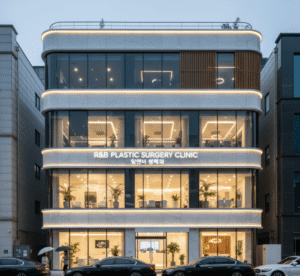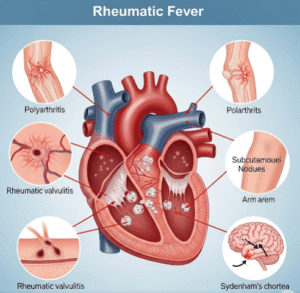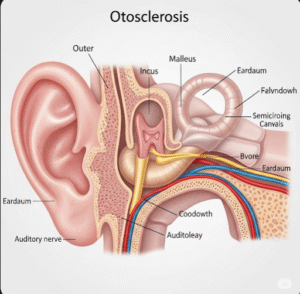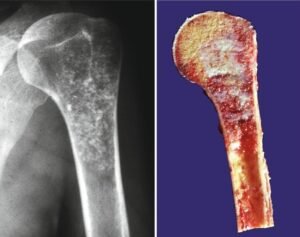Overview
Renal parenchymal disease refers to a broad group of kidney disorders affecting the functional tissue (parenchyma) of the kidneys, including the glomeruli, tubules, and interstitial tissue. These diseases can lead to impaired kidney function and, if untreated, may progress to chronic kidney disease or kidney failure. Korea offers advanced diagnostic technologies and comprehensive treatment options managed by experienced nephrologists.
What is Renal Parenchymal Disease?
Renal parenchymal disease involves damage or inflammation of the kidney’s functional tissue responsible for filtering blood and producing urine. It encompasses a variety of conditions such as glomerulonephritis, interstitial nephritis, and chronic pyelonephritis.
Symptoms
- Proteinuria (protein in urine)
- Hematuria (blood in urine)
- Swelling (edema), especially in legs and around eyes
- High blood pressure
- Fatigue and reduced urine output in advanced stages
- Possible flank pain depending on underlying cause
Causes
- Infections (bacterial, viral, or autoimmune)
- Immune system disorders causing glomerulonephritis
- Chronic obstruction and recurrent infections
- Toxic damage from drugs or toxins
- Diabetes and hypertension-related kidney damage
Risk Factors
- Diabetes mellitus
- Hypertension
- Autoimmune diseases (e.g., lupus)
- Chronic infections
- Exposure to nephrotoxic drugs or substances
Complications
- Progressive kidney damage leading to chronic kidney disease (CKD)
- Kidney failure requiring dialysis or transplantation
- Fluid and electrolyte imbalances
- Cardiovascular complications associated with kidney disease
Prevention
- Early diagnosis and treatment of infections and systemic diseases
- Blood pressure and blood sugar control
- Avoidance of nephrotoxic drugs
- Regular monitoring in patients with risk factors
Treatment Options in Korea
Diagnosis
- Urinalysis and blood tests to detect kidney dysfunction
- Kidney ultrasound and advanced imaging techniques
- Kidney biopsy to determine specific pathology when needed
Medical Treatments
- Immunosuppressive therapy for autoimmune causes
- Antibiotics for infections
- Blood pressure management using ACE inhibitors or ARBs
- Supportive care to manage symptoms and prevent progression
Interventional & Surgical Treatments
- Treatment of underlying causes such as obstruction or infections
- Dialysis for advanced renal failure
- Kidney transplantation for eligible patients
Advanced Therapies
- Use of cutting-edge immunomodulatory drugs
- Personalized treatment plans based on genetic and molecular diagnostics
Rehabilitation and Support
- Regular follow-up for kidney function monitoring
- Nutritional counseling and lifestyle modifications
- Support groups and patient education programs
- Coordination between nephrologists, dietitians, and other specialists
Top Hospitals or Clinics in Korea for Renal Parenchymal Disease
- Seoul National University Hospital – Leading nephrology research and treatment center
- Asan Medical Center – Comprehensive kidney care and transplantation services
- Samsung Medical Center – Advanced diagnostics and personalized therapies
- Yonsei Severance Hospital – Expertise in complex renal diseases and multidisciplinary care
- Korea University Anam Hospital – Specialized in chronic kidney disease management













